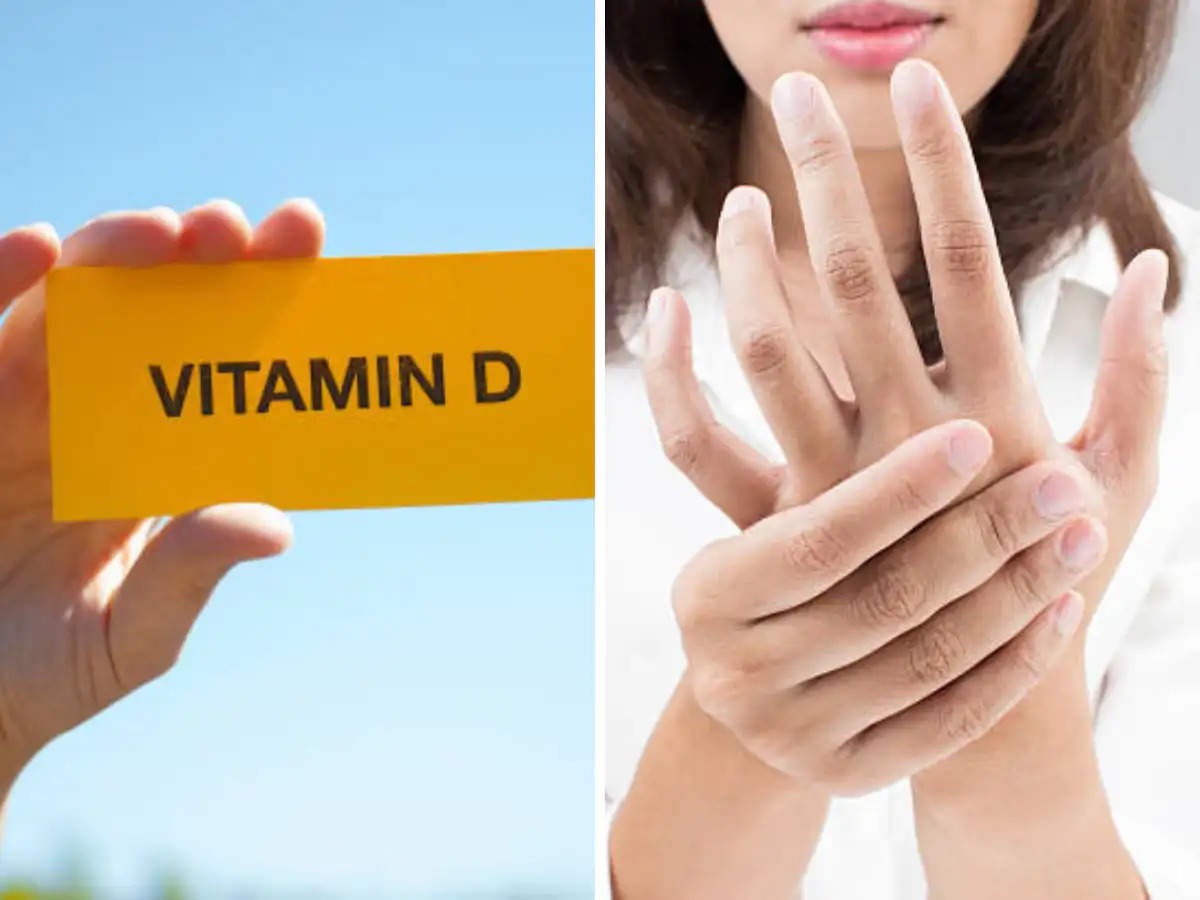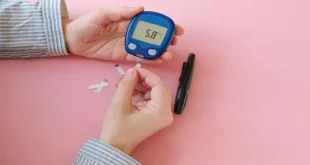Vitamin D is an essential nutrient that is vital for the health of our bones. It helps in the absorption of calcium and phosphorus in the body, which keeps bones strong. Children, the elderly, and people with dark skin, as well as patients with kidney or liver disease, Crohn's disease, cystic fibrosis, and celiac disease, are at risk for deficiency during winter.
Although the main source of Vitamin D is sunlight, some foods are also rich in it. This vitamin is usually found in dairy products and fish. But, if you are a vegetarian or vegan, then these foods can prove to be helpful for you-
Symptoms of Vitamin D deficiency-
muscle weakness or cramps
bone pain
feeling tired
depressed
Difficulty climbing stairs or getting up from the floor
limping
hairline fracture in bone
mushroom
Mushrooms are an excellent source of vitamin D, especially when they are sun-dried. They are rich in D2 (ergocalciferol), which is beneficial for bone health. You can add them to salads, soups or vegetables.
spinach
Spinach is another nutritious vegetable that is rich in Vitamin D. It also contains other important nutrients like iron and calcium. Spinach can be eaten raw in the form of salad or can be eaten by making pakodas.
kale
Kale is a superfood, rich in vitamin D as well as many other vitamins and minerals. It is also beneficial for heart health. Kale can be steamed or eaten raw in salad.
orange
Oranges are famous for vitamin C, but they also contain vitamin D. Drinking orange juice not only provides Vitamin D, but it also helps in keeping the body hydrated.
Broccoli
Broccoli is a cruciferous vegetable that is rich in vitamin D. It also contains fiber and other antioxidants in abundance. Broccoli can be eaten by steaming it or adding it to salad.
Egg
If you eat eggs, you reduce the risk of Vitamin D deficiency. Research has found that an average of 2 eggs contains 8.2 mcg of vitamin D, which is 82 percent of the recommended dietary intake of vitamin D.
 look news india
look news india



